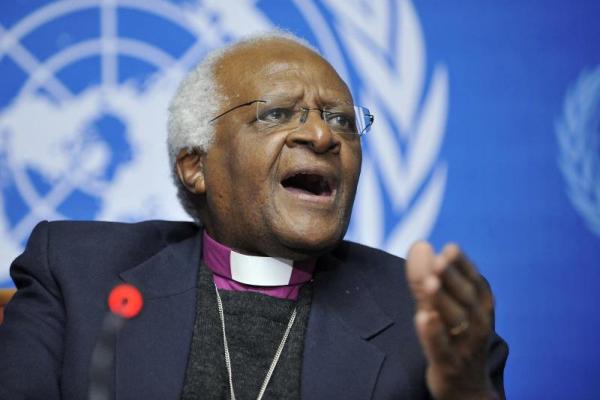Sep 7, 2016
"‘Ubuntu’ is very difficult to render into a Western language. It speaks to the very essence of being human … it also means my humanity is caught up, is inextricably bound up, in theirs. We say, ‘A person is a person through other people.’"
Read the Full Article

Already a subscriber? Login
